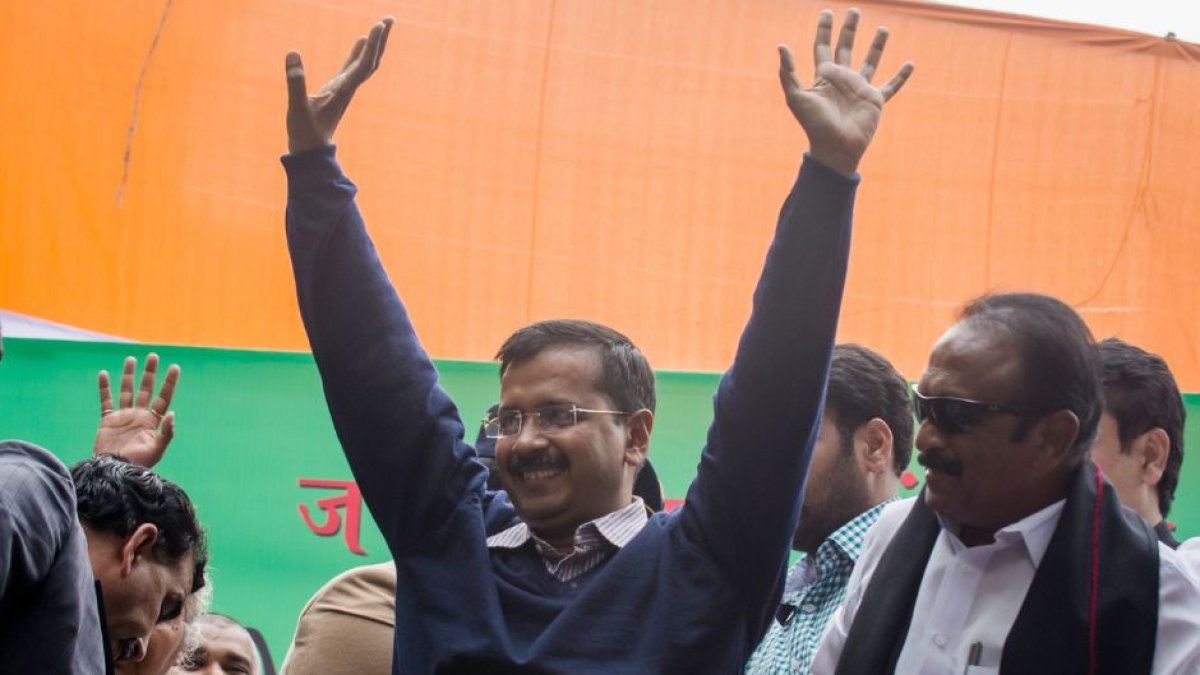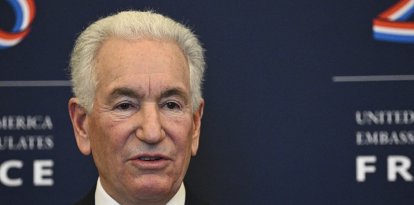The United States protests the arrest of Indian opposition leader Arvind Kejriwal
The following day, India's Foreign Ministry summoned a U.S. diplomat to a meeting.

(Cordon Press)
Controversy has erupted in diplomatic relations between the United States and India after the Biden Administration promised to closely follow the judicial process opened against opposition leader Arvind Kejriwal. On Tuesday, the State Department expressed its hope that the process would be upheld by the principles of "justice" and "legality."
The State Department's statements came after the opposition leader to Narendra Modi, who is progressively turning towards more nationalist public politics, was arrested last Thursday. Indian Justice suspects that the opposition leader is part of a corruption scheme, something that his party, Aam Aadmi, completely rejects. Arvind Kejriwal is also the Governor of Delhi.
"We encourage a fair, transparent and timely legal process for Chief Minister Kejriwal," the State Department spokesperson said in response to Reuters. The spokesperson's comment came shortly after the German Foreign Ministry also made statements about Kejriwal's detention. Shortly thereafter, the Indian Government summoned the head of the German diplomatic mission in New Delhi, Georg Enzweiler, to a meeting.
"We consider that such comments interfere with our judicial process and undermine the independence of our judiciary," he said in a statement. "The biased assumptions made for this reason are totally unjustified," an Indian foreign official said of Germany's comments.
It was the same response that provoked the United States this Wednesday. Indian media reported that Gloria Berbena, a diplomat at the US Embassy in New Delhi, was summoned to a meeting at the Ministry of External Affairs to address the State Department's comments regarding Kejriwal's detention.
Following this, the Indian authorities published a statement in which they strongly objected to the words of the State Department spokesperson. "In diplomacy, states are expected to be respectful of the sovereignty and internal affairs of others. This responsibility is even greater in the case of sister democracies. Failure to do so could end up setting unhealthy precedents," the statement said.

























